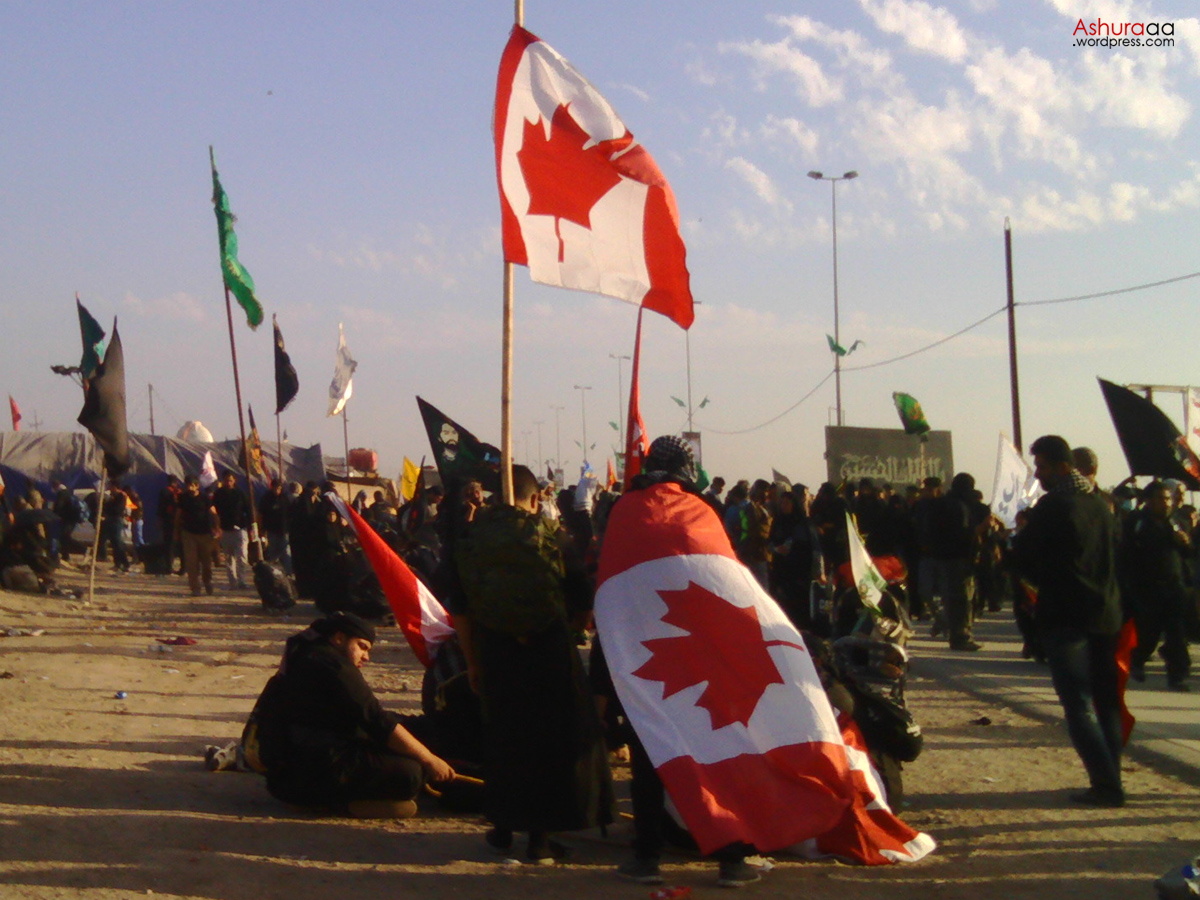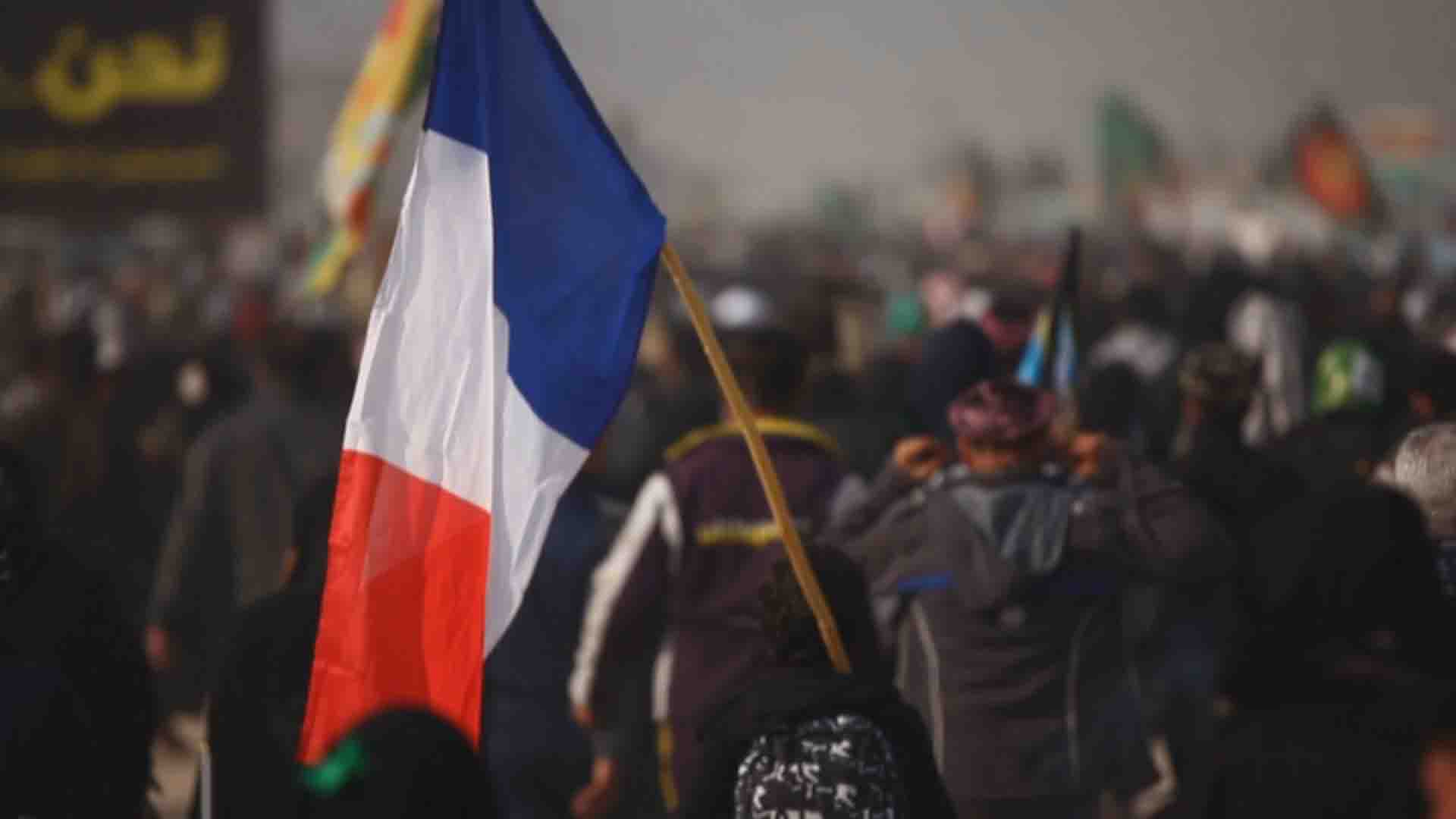Safar is the second month of the Islamic calendar. It is marked with many important events in Islamic history but one of the most important of these is Arbaeen (20th Safar). In Arabic language it means forty and in Islamic history it marks the 40th day of mourning period following Ashura, the 10th of Muharram when Hussain ibn Ali (AlaihisSalam), the grandson of the Holy Prophet Muhammad (ṣallā llāhu ʿalayhi wasallam) was killed and beheaded along with his family members and companions by the army of Yazid in 61 Hijri. In this month, millions of people from around the globe gather in Iraq’s holiest city of Karbala to commemorate Arbaeen and to pay tribute to the martyrs of Karbala.
Arbaeen pilgrimage or Arbaeen walk is widely recognised as the single largest annual peaceful gathering in the world where people swarm together and walk towards the shrines of Imam Husain (AlaihisSalam) and Hazrat Gazi Abbas (AlaihisSalam) to pay tribute to their greatest sacrifice. The son of Bibi Fatima (AlaihisSalam) and Imam Ali (AlaihisSalam) left an everlasting legacy 1378 years ago which is still inspiring the mankind and will keep on inspiring till the existence of this world. This is not an ordinary journey and neither those people are ordinary who get the opportunity to take a part in this spiritual walk. The people who take part in this walk are called Zair-e-Imam Hussain (visitors of Imam Hussain) (AlaihisSalam).

Arbaeen is marked with long walks – from Najaf ul Ashraf or Basra to Karbala-e-Moalla. People come from different parts of the world belong to different colours, cultures, races and sects. They make their journey on foot. The journey from Najaf to Karbala is almost 85kms and it takes about 3 to 4 days, whereas from Basra it is about 500kms. Zaireen (pilgrims) coming from Najaf-al-Ashraf start their journey from the shrine of Imam Ali (AlaihisSalam) In this human crowd marching towards Karbala there is no discrimination of rich or poor, young or old, men or women. Children walk with parents in short steps, elderly who can barely walk cover this journey on wheelchairs, even the disabled hobble along, step-by-step, supported by nothing but crutches and an iron will to voyage and to salute Imam Hussain (AlaihisSalam). The only one thing which is common in all these people is that every eye is moist, every heart is torn with grief and they are all chanting ‘Labbaik Ya Hussain (AlaihisSalam)’ in one voice. They all believe that Imam Hussein (AlaihisSalam) is a universal, borderless, and meta-religious symbol of freedom and compassion.
During Saddam's era this pilgrimage was banned. At that time people used to perform it secretly and their number was too low. It was revived when his government was toppled in 2003 and since then the number of Zaireen started to increase every year. Last year this number was more than 20 million even against the threats of ISIS (Islamic State of Iraq and Syria). This year it is estimated that more than 25 million Zaireen are visiting Karbala.

Under ordinary conditions, it seems impossible to make arrangements for more than 20 million people travelling this long. But surprisingly, thousands of local people gathered to help these visitors and the level of service they provide is unprecedented. They set up thousands of tents with makeshift kitchens to serve these Zaireen. These tents are called Mawakebs which are devised with the aim of providing accommodation, food, beverage, medical services and practically anything the pilgrims could possibly need to complete their spiritual journey. Dwellers render their services without any charge and try to provide maximum comfort to the Zaireen. If someone gets tired mid way, then the houses on way open their doors to comfort him and the owners feel themselves privileged to be at their service. These houses and Mawakebs have the best facilities to fulfil the needs of Zaireen.
Zaireen do not need to carry anything on this journey except the clothes and shoes they wear. What is more astonishing is that Mawakeb organizers beg these pilgrims to accept their hospitality. They intercept their path and plead them. They provide them every minor thing like tissue paper, tooth pick etc. Their cloths are washed and ironed, shoes are mended and all of course complimentary. Those who have nothing to offer, serve them by massaging their feet and legs. In short they do not leave even a single opportunity to serve them. They consider the acceptance of their offers as a bestowing honour on them. After witnessing such love and passion of these service providers one is left in bewilderment that either these are humans or angels disguised as service providers.

- ۰ نظر
- 07 July 18 ، 10:19












